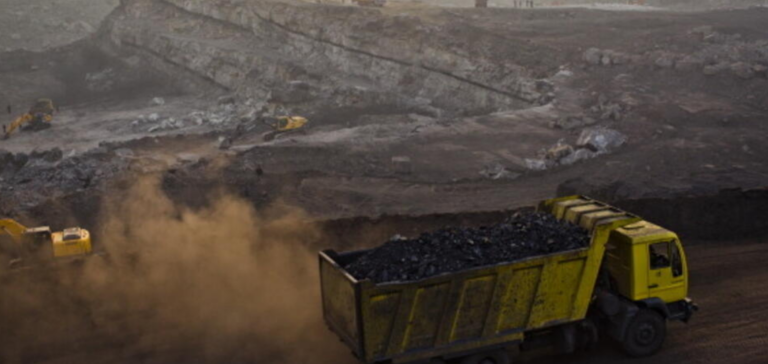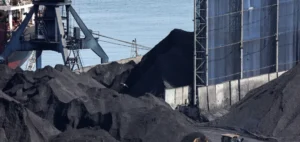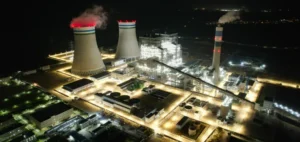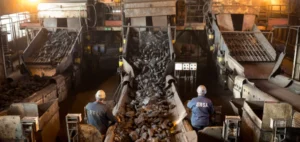India is gearing up for a major transformation in the mining sector with the announcement by the Federal Ministry of Coal on November 13. Indeed, this eighth round of auctions for 39 commercial coal mines represents a key step in boosting domestic production and attracting private investment.
Objectives and Potential of New Mines
Of the 39 mines put up for auction, the explorers fully examined 14 and partially examined 21 others. In addition, four additional mines from a previous allocation are re-entering the competition. With Odisha leading the way in terms of the number of mines, followed by Jharkhand, West Bengal and Maharashtra, India is demonstrating its determination to meet the growing demand of the non-captive industry and reduce imports.
Impact on Industry and Imports
Since the introduction of commercial mining in 2020, 91 mines have been awarded, with a CRP of 221 million metric tons annually. In addition, this strategy aims to increase production and reduce dependence on imports in a sector traditionally dominated by state-owned enterprises.
Evolving award criteria
The Ministry of Coal emphasizes the absence of restrictions on the sale or use of coal, as well as the absence of technical or financial eligibility criteria for auctions. This opening is intended to stimulate interest and competition in the auctions, a response to previous rounds where lack of interest held back the award of many mines.
S&P Global Commodity Insights forecasts a significant increase in production with the commissioning of six new mines in fiscal 2023-24. Indeed, the long-term goal is to significantly increase annual coal production, with ambitious figures for 2027 and 2030.
India takes a major step forward in its mining sector with the auctioning of 39 coal mines. This initiative reflects not only a desire to increase domestic production and reduce imports, but also to open up the sector to increased competition and private investment. The move towards increased production and diversification of players in the sector could redefine the Indian and global energy landscape.






















